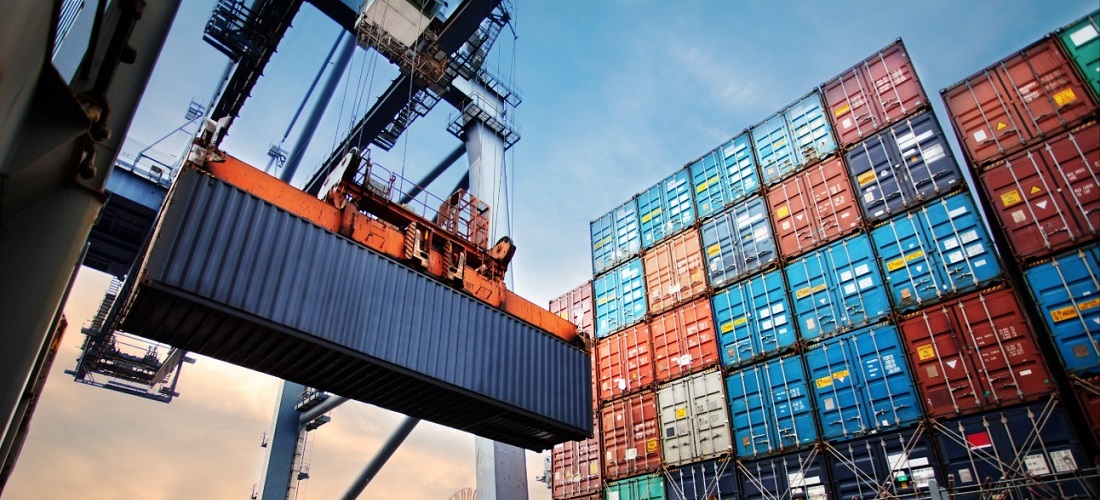
Mercosur agreement will reduce tax payments by US$500m, says CNI
Oct, 30, 2019 Posted by Sylvia SchandertWeek 201945
An unprecedented survey by the National Confederation of Industry (CNI) with leading Brazilian exporters to the countries of Mercosur, Argentina, Paraguay, and Uruguay showed that over 60% of them face customs difficulties to enter neighboring economies. Companies complain of the excessive time for the clearance of goods, excessive documentation, formalities, and fees and charges, in addition to the lack of transparency in the norms.
According to CNI’s Director of Industrial Development, Carlos Abijaodi, this problem will only be reduced with the signing of the Trade Facilitation Agreement between Mercosur members. The deal reduces bureaucracy and attacks the main common non-tariff barriers between partners. The industry is expected to sign this agreement at the presidents’ summit in early December. It would be the first major delivery of the Bolsonaro government in Mercosur.
“Mercosur customs rules need to be modernized. There are commitments that the four countries in the bloc have already adopted in other international agreements, but have not yet negotiated with each other. Brazil needs an ambitious facilitation agreement, with concrete definitions of deadlines, and tax cuts and bureaucracy commitments to boost trade and integration in the region,” says Carlos Abijaodi.
Brazilian exporters are still paying taxes that are not consistent with international rules for exporting to Argentina, Paraguay, and Uruguay. These include the 2.5% statistical rate for exports to Argentina, the consular rate for Uruguay, which can reach 5%, and for Paraguay, it ranges from US$2 to US$30 per document, such as a commercial invoice, certificate of origin, and bill of lading. Bilateral agreements with other countries (such as Mercosur-EU and Uruguay Mexico) already exempt exporters from these countries from these taxes in Argentina and Uruguay, which puts Brazil at a disadvantage.
The losses of Brazilian exporters in 2018 alone exceeded US$500m. “It makes no sense for Brazilians to pay a fee within Mercosur that their competitors are exempt,” adds Abijaodi.
The trade facilitation protocol may also shorten the deadline for the release of goods, which according to exporters’ report today can reach 30 days in Argentina and Paraguay and 20 days in Uruguay.
The Protocol may also further increase transparency in the block. More than 50% of exporters say that the lack of transparency and information about fees, charges, and rates on the official website is the main problem related to information disclosure in Mercosur. Entrepreneurs also face data difficulties on export procedures and rules for the classification and valuation of goods through official channels.
For CNI, to be innovative, the agreement must include devices with common criteria and a joint schedule in the development of the Single Window and Authorized Economic Operator Programs. The industry needs these models to communicate to reduce import and export lead times.
For the Brazilian industry, the agreement should also provide customs clearance within 48 hours after the arrival of goods, standardization of records and certifications, and maximum deadline for the collection of fines for violation of customs rules. Another expectation of the industrial sector is that the fees and charges are disclosed to the user on the official websites of the countries, in an organized structure and in the official languages of the bloc. “Mercosur is important for the Brazilian economy, we need to accelerate and innovate in this agreement,” explains the director of CNI.
Source: Agência CNI de Notícias
-
Ports and Terminals
Jan, 06, 2022
0
Vinci buys JCR port terminal in Paraná
-
Economy
Jun, 16, 2020
0
Brazilian trade balance registers US$1.6 billion surplus in second week of June
-
Ports and Terminals
Jun, 19, 2019
0
Peruvian Port of Ilo to handle more than 70,000 tons of Bolivian cargo
-
Meat
Nov, 01, 2022
0
Mexico detects H5N1 bird flu in farm near U.S. border


